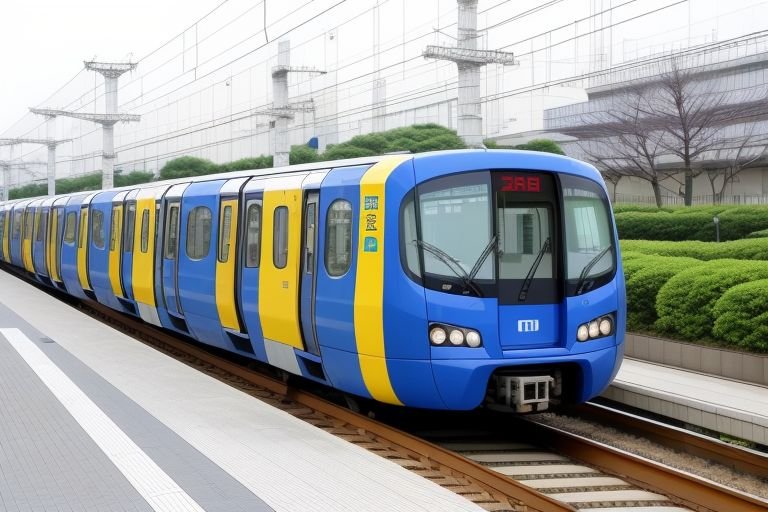They are further interested in the impending IPO of Tokyo Metro, which will be a landmark in Japan’s financial markets and will stir investors’ interest. Meanwhile, investors who are looking for some better and more promising markets apart from China are especially interested in the upco. The much-talked-of listing of the capital’s subway operator is set to be one of the big IPOs in Japan this year and is likely to spur market action besides attracting funds from within and outside the country.
The decision of Tokyo Metro to underwrite its IPO now is due to global investors starting to question their risk from the Chinese market due to ongoing regulatory restrictions and slowing growth. Due to Japan’s mature political stability and sound financial system, Japan is gradually seen as an attractive sight for capital-seeking financial development opportunities in Asia.
Tokyo Metro which has nine subway lines that cumulatively serve millions of commuters on the expanding Tokyo metropolitan area is expected to provide a good investment opportunity. The consistent demand for commuting and potential to increase through expansion of urban city projects have made the investors and retail shareholders interested.
The IPO is widely expected to gauge investor interest in Japan’s transport and infrastructure industry. It is believed that a successful listing could well be followed by more IPOs, which may help kickstart Japan’s IPO market again, which, compared to other major financial centers, lacks luster at best in the present year.
The Japanese government, which currently has a large ownership stake in Tokyo Metro, sees the IPO as a means to help generate funds to finance infrastructure construction and pay down public debt. The loss of such a core public utility also enables the attainment of other objectives connected with economic liberalization that seeks to open most hitherto state monopolies to new private investment.
Analysts say that the Tokyo Metro IPO might cause the spread of its impacts throughout many spheres of the Japanese economy. Availability of capital and higher level of traffic may help to improve the mood in other sectors associated with transport, construction, real estate and high technologies if investors will try to get the best from synergies and increase their rates.
The IPO occurs as the country looks forward to the boost in the numbers of foreign visitors after the Covid-19 restrictions are relaxed. Even though retailers say they do not anticipate a return to the breakneck consumer spending seen before the pandemic, the slow recovery in the tourism industry is expected to prove a boon to Tokyo Metro and other companies in the transport and accommodation sectors.
Nevertheless, some prospect remains for the Japanese market. Demographic challenges are long-term ones and problems such as an aging population and a low birthrate remain major challenges to economic development. Further, competition from newer and more innovative economies, global political instability and ensuing economical instabilities affect stock market investors’ sentiments or market oscillations.
Nevertheless, there would be appreciable sentiments towards the Tokyo Metro IPO in the view of Japan’s capital markets. It also affirms the nation’s capacity to generate investor attention and challenge the remainder of other Asian financial centers. The success of this offering may be followed by a number of large listings and prolongation of Tokyo’s status of the major financial hub of Southeast Asia.
Each IPO is an event that affects the stock exchange rate; therefore, market participants examine many prerequisites that need to occur, such as the state of world markets, domestic and other factors that may catalyze or hinder the IPO, and so on. The conclusion of this record-breaking IPO will doubtless set significant trends for Japan’s financial initiative and its strategic outlook for the years to come.


